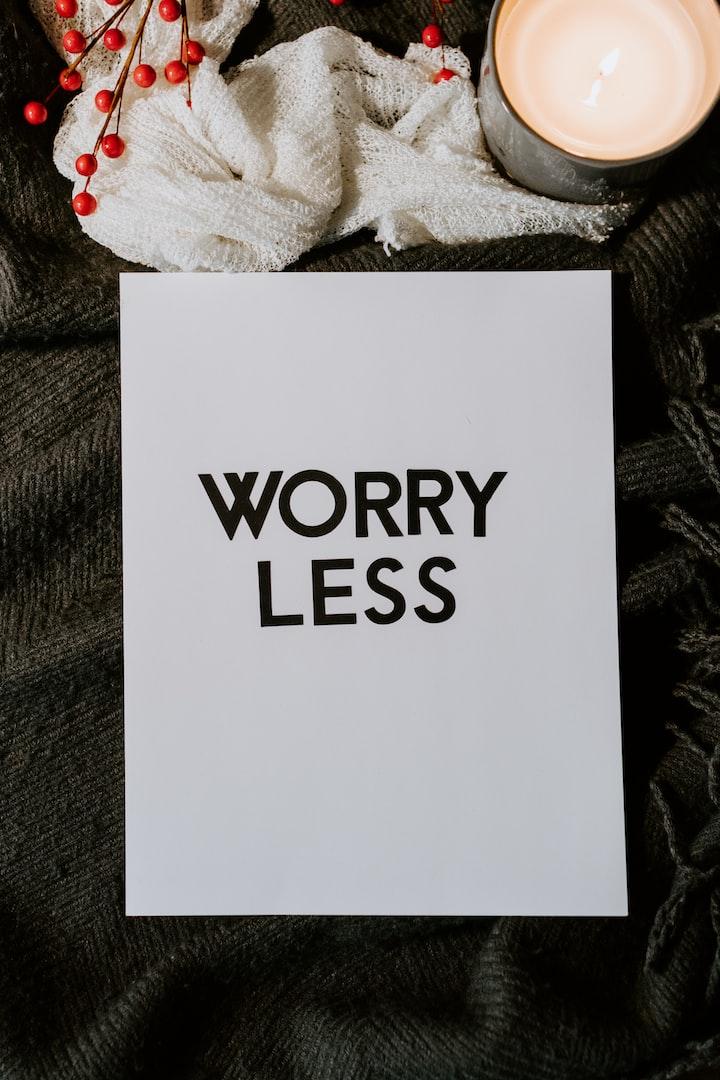The Five Steps to Help You Calm Down When You’re Feeling Overwhelmed
When we feel angry, frustrated, or upset, it can be difficult to calm down. Our heart rate speeds up, our breathing becomes shallow, and our thoughts can become irrational and negative. However, there are some simple steps we can take to help us calm down and regain control of our emotions.
The first step is to Recognize the signs that you are getting angry. Pay attention to your body and notice when your heart rate starts to increase, your breathing becomes shallow, and you start to feel tense. These are all physical signs that your stress levels are rising and you need to take action to bring them back down.
The second step is to Take a deep breath. This may seem like a clich d advice but it really does work! When we take a deep breath in through our nose, it slows down our heart rate and helps us focus on the present moment rather than dwelling on whatever it is that has made us angry.
The third step is Try to see the situation from another perspective. This means looking at things from a different angle or taking yourself out of the equation entirely. For example, if someone cuts you off in traffic, instead of getting angry at them try thinking about how they may be rushing home because their child is.
Read More »The Five Steps to Help You Calm Down When You’re Feeling Overwhelmed






